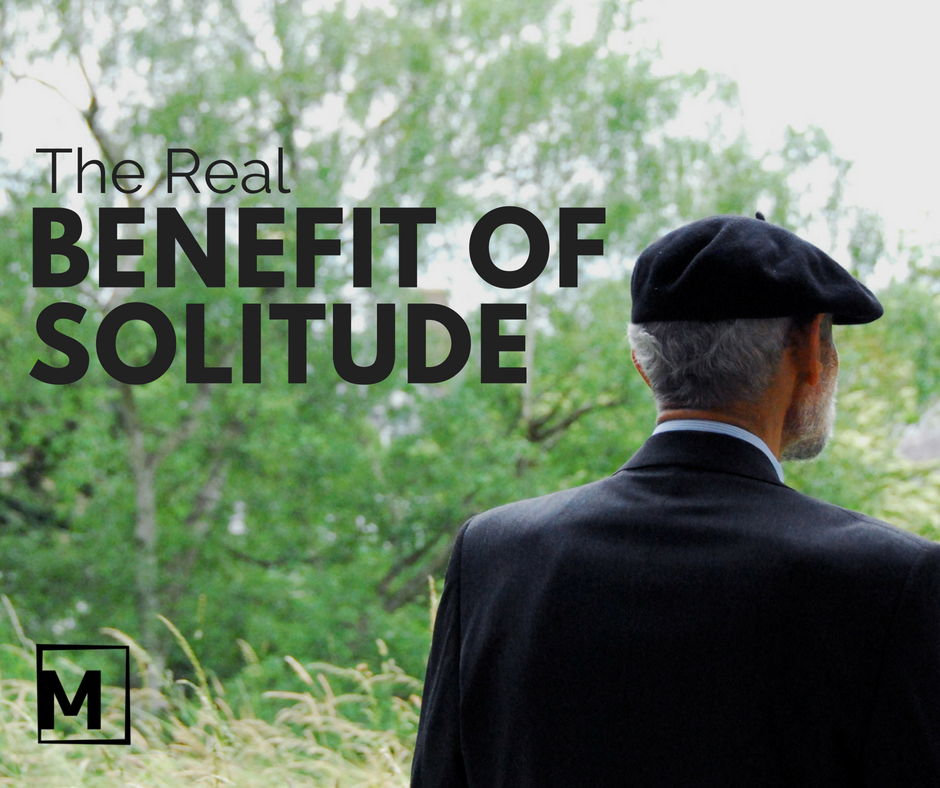A recent podcast with Erik Fisher and Cal Newport brought to light the topic of solitude. Newport, the Georgetown professor and author of Deep Work cites Lead Yourself First: Inspiring Leadership by Solitude by Raymond R. Kethledge who describes solitude as “a subjective state in which you’re isolated from input from other minds”.
This makes sense. We’ve all been alone in a solitary way- you’re by yourself in a room and no one else is around. Some of us are more comfortable with this than others. Introverts in particular revel in this form of solitude- it’s a space to recharge.
There are other forms of solitude as well. Think about it- each of us can also relate to being alone but in the context of other people. You go for a run and see other people also working out, you find a coffee shop to do some work and see dozens of others walk in and out of the shop. This is a surprising sort of aloneness- alone but with others. Sort of an “alone togetherness”.
There’s alone by myself and alone in the context of others.
Newport’s point: rich solitude (i.e. “good” solitude) is that which is free from the influence of others’ minds. You’re alone, in one way or another, and free to think and pray on your own. You may be in public. You may be surrounded by hundreds of other people. Still, you have a sense of self, a space to think and pray on your own.
There is tremendous power in this. It applies very much to prayer.
The average person is quite busy. They have commitments and errands and places to be. I know that I do. Now consider the busy Christian- still running around but expected to be prayerful at the same time. This is where prayerfulness gets tested. I sat recently with a couple and their three young children. The wife, obviously a good mother, admitted that some days are just so full of this-and-thats that she forgets to pray.
I totally get it. Can you relate?
The million dollar question emerges quickly enough: how do you maintain prayerfulness amidst a busy schedule? Or, in layman’s terms- how do you take your faith with you?
And here is where we apply Kethledge’s concept of solitude. The Christian, embedded in the world, is prayerful because they retain that sense of self while they are going about their day. They find moments of prayer because they have cultivated the muscle of returning to their source: their relationship with God. They know that God has loved them and grounds them in a profound sense of adoption. They bring solitude with them and then, when God-inspiration-faith strikes, they activate their solitude and reconvene with the Lord.
This relationship with God “pops up” at various times during the day- a spontaneous thought, a recollection of something they read in the Scriptures, a vocal prayer that emerges. These are delightful and can be unexpected. The good news is that you can become a more prayerful person and these God-moments can become the norm rather than the exception.
You really can practice a healthy solitude as a result of never being fully alone. God is always with you and you can revel in this truth. Now that puts new light on solitude.
_____________________
Liked this article?
By subscribing to my site,you'll receive this free PDF worksheet about prayer and daily life.

